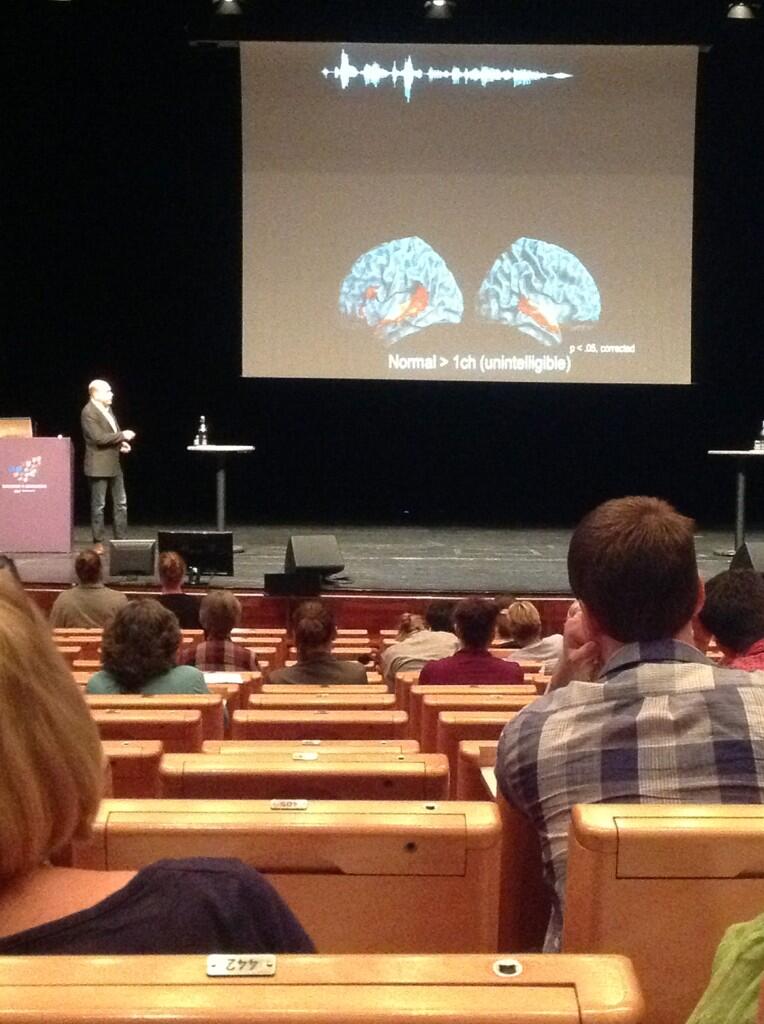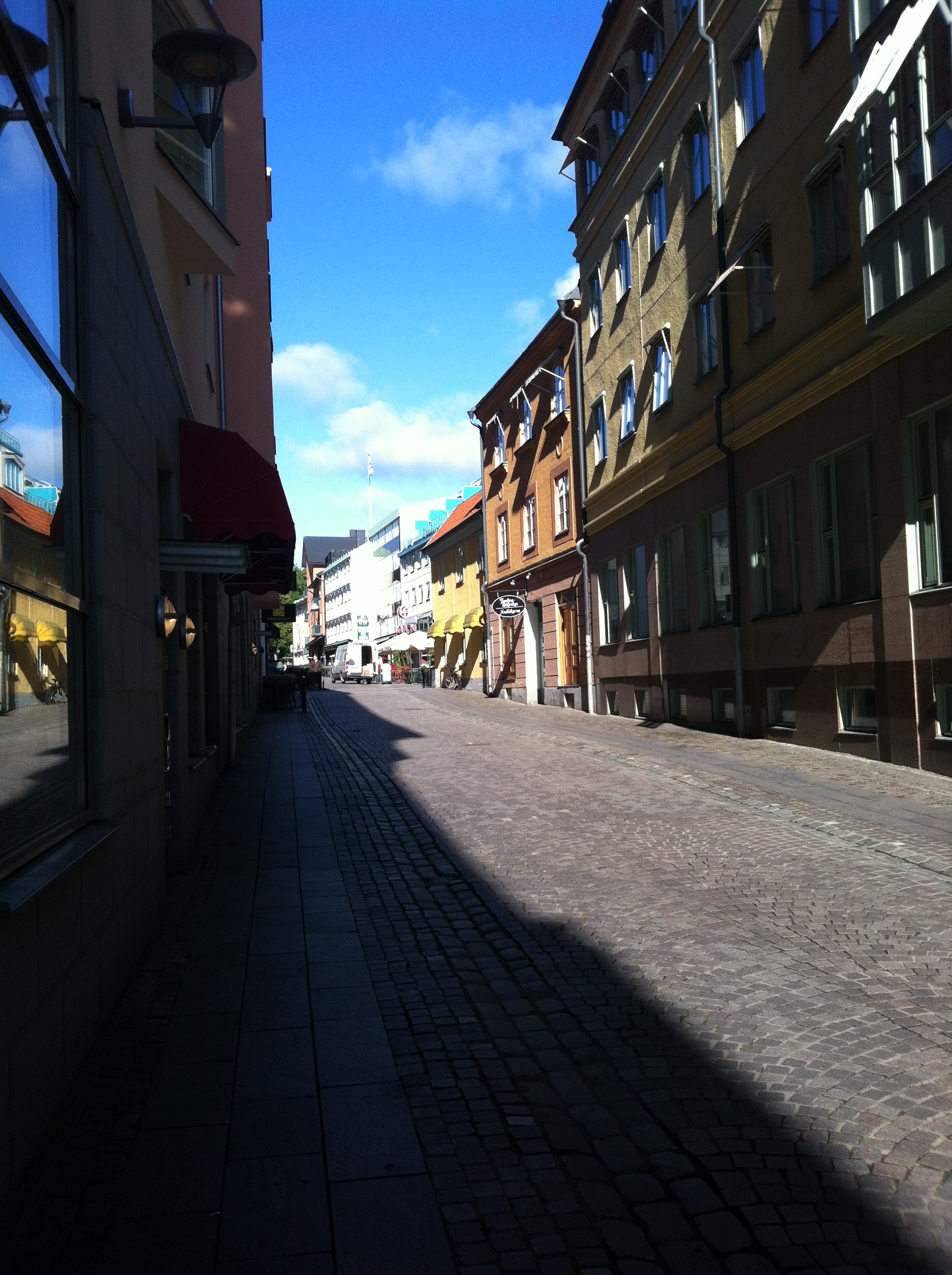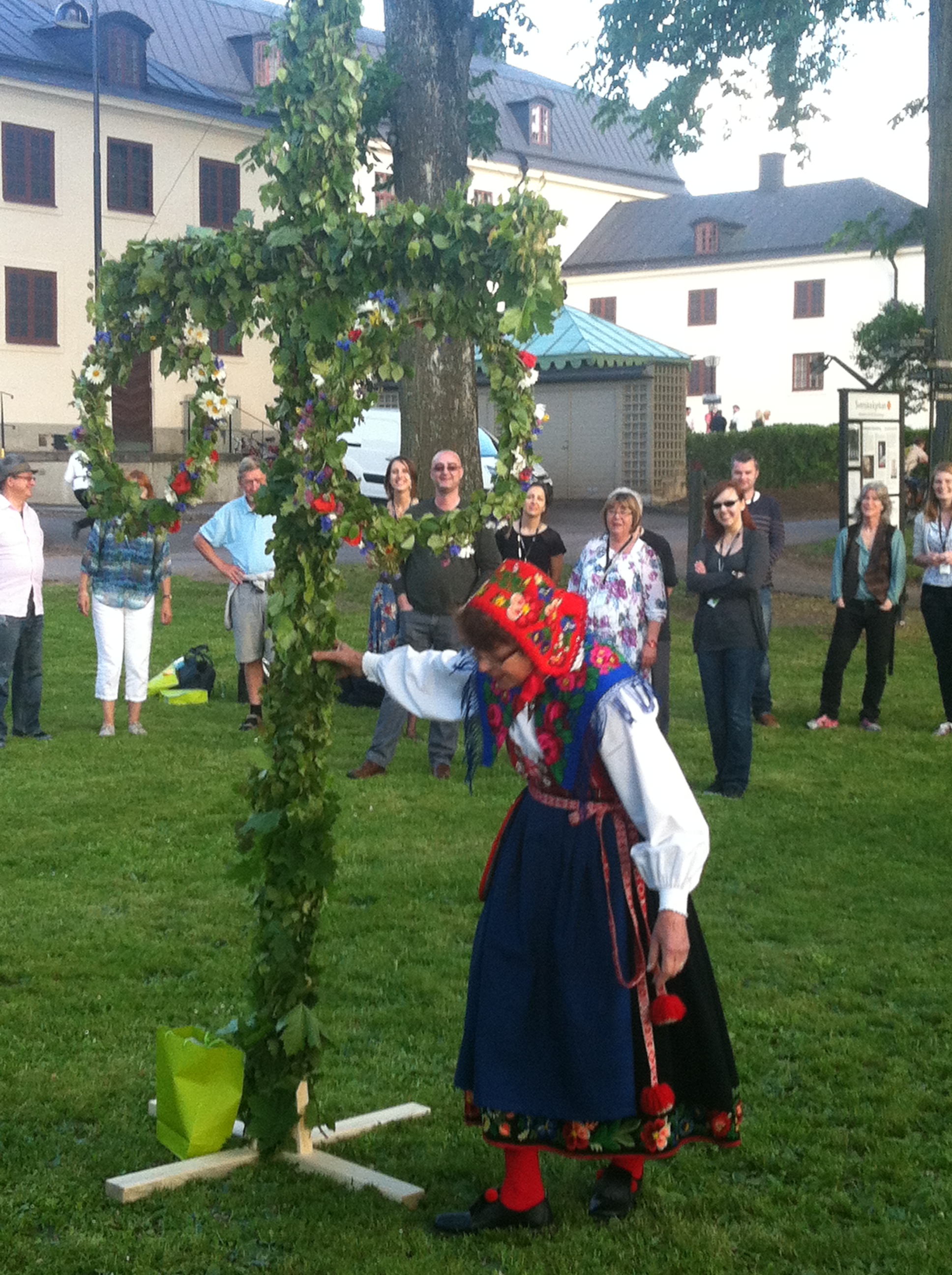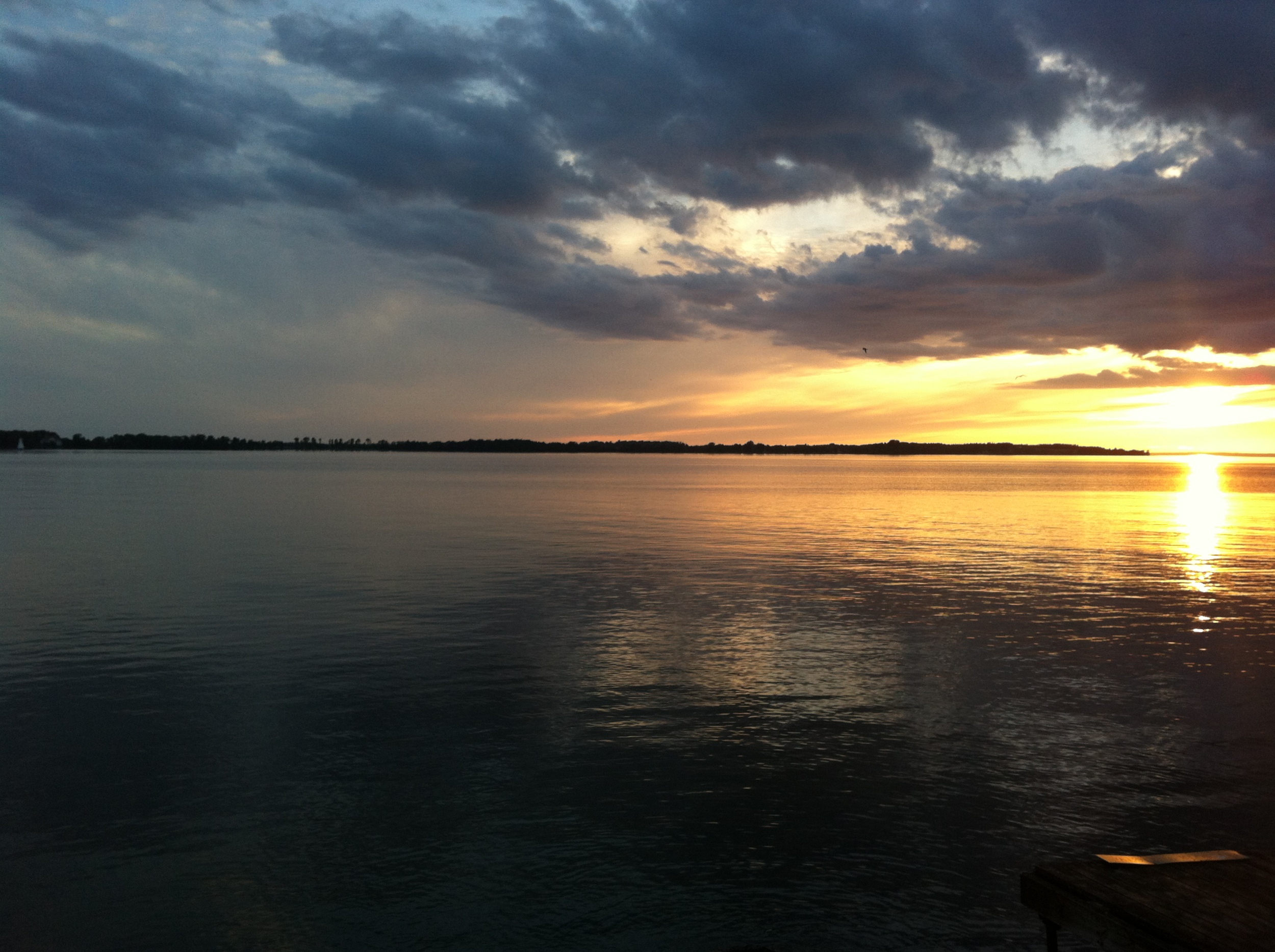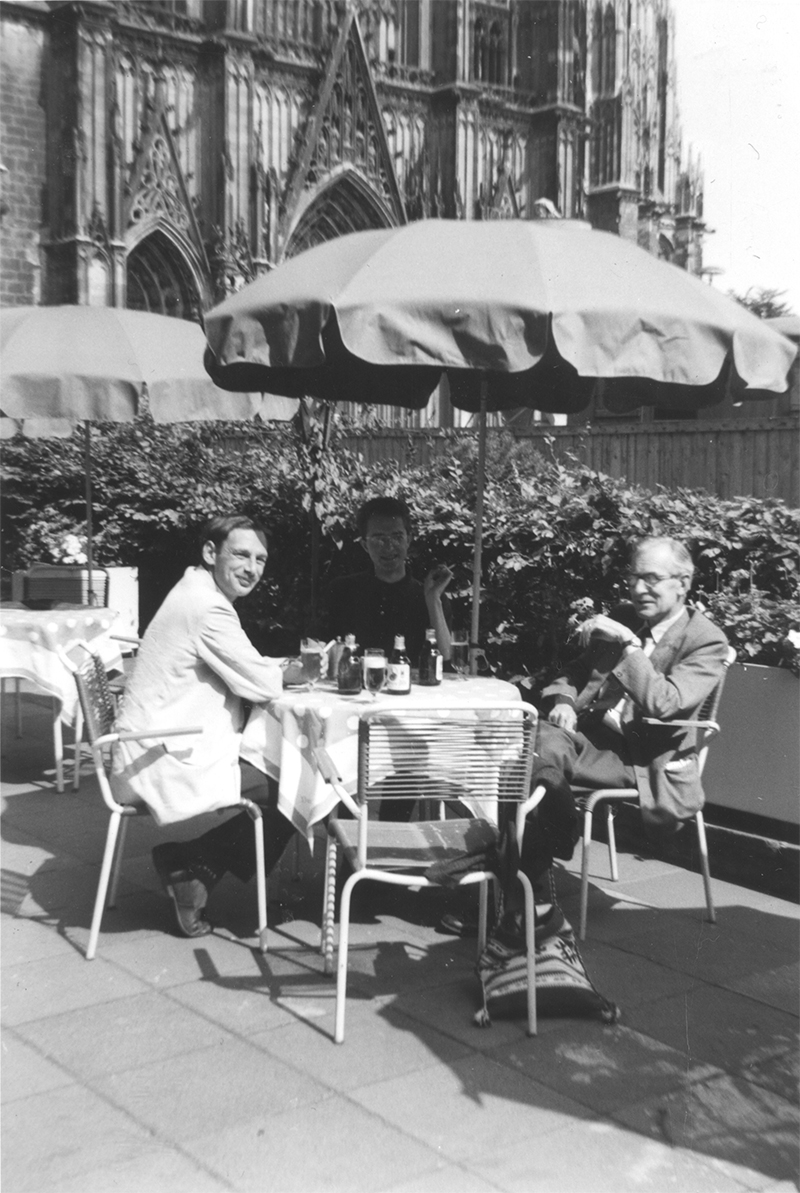I've just returned from a workshop at the National Science Foundation on "the role of speech science in developing robust processing applications". Participants included neuroscientists, speech scientists, psychologists, and engineers interested in speech production and perception. The goal was to foster interdisciplinary thinking about the future of speech technology, and the role NSF might play in supporting these directions. It was a very interesting workshop and I hope leads to future discussions!
Dallas Aging and Cognition Conference
I just got back from a short but productive trip to Dallas for the Dallas Aging and Cognition Conference, hosted by the Center for Vital Longevity at UT Dallas. The program was excellent was a number of very interesting speakers. If you are interested in cognitive aging, put the 2017 conference on your calendar. Hope to see you there!
ArtWingfieldFest
I'm very excited that we are coming up to a Festschrift for my PhD mentor, Art Wingfield. ArtWingfieldFest is going to be held at Brandeis University on July 22, 2014. Art has spent nearly five decades mentoring students, engaging colleagues, and conducting scientific research at an extremely high level. Most of this time has been at Brandeis, where he came in 1968. I am so pleased that we are able to put together an event to honor him for these contributions and to say thank you to someone who is, as a rule, far too humble.
The theme is Age, Hearing, and Speech Comprehension, reflecting Art's research interests over the years. Our speakers include former lab members and other noted researchers in the field: Mark Eckert, Murray Grossman, Mike Kahana, Stefanie Kuchinsky, Kathy Pichora-Fuller, Robert Remez, Bruce Schneider, Liz Stine-Morrow, and Cai Wingfield (who worked at the CBU as a research assistant).
It should be a fantastic day! I will post a follow up when we get some pictures. Please feel free to check out the website: www.artwingfieldfest.com.
Signal and Noise along the Auditory Pathway: SNAP2013
I've recently returned from a fantastic workshop in Leipzig, Germany: Signal and Noise along the Auditory Pathway (SNAP). SNAP2013 was held at the Max Planck Institute for Human Cognitive and Brain Sciences, organized by Jonas Obleser (with much help from his lab and many others).
Every talk was excellent and I won't go through them one by one; it's worth looking at the program for a list of speakers. The goal was to bring together an interdisciplinary group of researchers working on how the brain processes auditory signals, drawing from computational modeling, animal work, psychophysics, and cognitive psychology. A common theme that emerged was the importance of prediction in sensory processing, with a number of complementary views on how the brain accomplishes this.
There are already talks about a repeat conference in 2-3 years, perhaps in North America. I'm hopeful we'll have another chance for such a great meeting!
Oh, and for those of you who might not have caught the reference (you would be forgiven), Snap! is also a Europop group from the early 1990s, and there was a friendly competition to see who could work in the best reference to Snap! in his or her SNAP talk.
Snap music video for "Rhythm is a dancer"
Conference travels
Over the past couple of months I've had the chance to do quite a bit of traveling! Turns out Fall is a busy time for conferences. Trips included:
- A visit to England that included a talk at the MRC Institute for Hearing Research in Nottingham, and meetings with collaborators at the MRC Cognition and Brain Sciences Unit in Cambridge.
- A talk at the Central Midwest Tinnitus Symposium at the University of Illinois-Urbana Champaign, a fun single-day conference bringing together a variety of researchers with interests in tinnitus.
- A talk at the Aging and Speech Communication Conference at Indiana University. This was my first time attending the conference, which occurs every other year. It is a really fantastic group of people, and a treat to see people from many different stages of my academic history in one place.
- A talk at the Beckman Institute at the University of Illinois-Urbana Champaign. I really enjoyed interacting with so many smart and nice people—and I'm getting to know the drive fairly well at this point. I look forward to being back!
- The annual meeting for the Society for the Neurobiology of Language, in San Diego. Also a great opportunity to see many old friends.
- The annual meeting for the Society for Neuroscience (aka SfN), also in San Diego. There were around 30,000 people at SfN this year which can be overwhelming, but I always enjoy the broad range of neuroscience topics covered. It was also gratifying to see Eve Marder give a fantastic talk following her receipt of the Gruber Neuroscience Prize. I count myself fortunate to have gotten my PhD at Brandeis while she was there, and have continued to learn a great deal from her since.
Now that I'm back, I just need to find some time to implement all of the great ideas I got while away...
Cognitive Hearing Science for Communication Conference
Last week I was in Linköping, Sweden, for the Cognitive Hearing Science for Communication conference. This is the second such conference, and it was great—a very interdisciplinary group of people interested in speech comprehension and cognitive challenge. Topics included audiovisual speech perception, speech processing in hearing aid users, ways to measure "listening effort", and neural responses to challenging listening conditions (among many others). Other speakers included my PhD advisor Art Wingfield, current Wash U colleague Mitch Sommers, and Cambridge-connected collaborators Ingrid Johnsrude and Jenni Rodd. All told there were a number of extremely interesting talks, and it was great to see a number of old friends, as well as meet some new ones.
It was also very encouraging to see so many people interested in the interface between hearing and cognition, and how this affects everyday communication. I'm already looking forward to the next conference!
